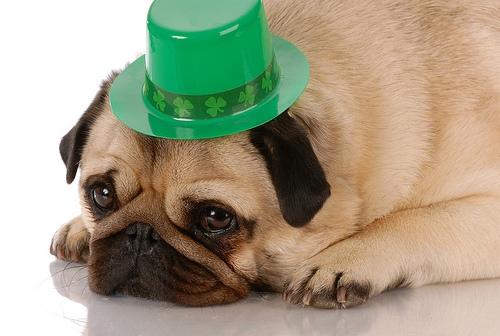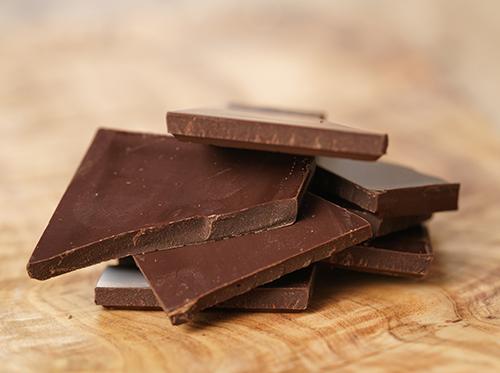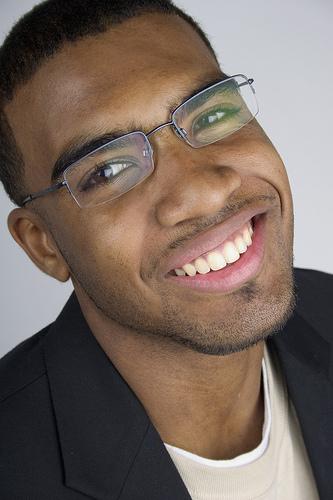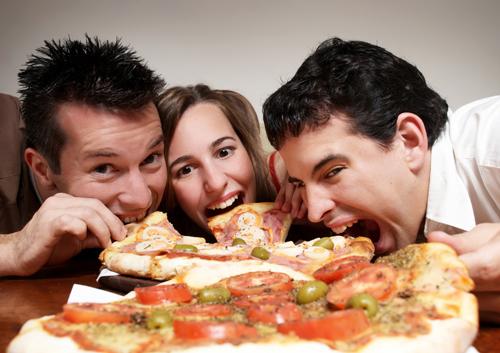
My Blog
Anatomy of a Smile Makeover
- posted: Apr. 23, 2024
A smile makeover is usually a combination of one or more cosmetic dental procedures. To achieve your desired result, the doctor may perform or suggest a variety of options. The Read More
Stress and Your Oral Health
- posted: Apr. 09, 2024
Stress symptoms—which include high blood pressure, severe aches, and insomnia—may be affecting your health, even though you might not realize it. You may think illness is the culprit when in Read More
April is National Facial Protection Month
- posted: Apr. 02, 2024
The Importance of Facial Protection Americans from all walks of life should mark April as National Facial Protection Month on their calendars. The American Association of Pediatric Dentistry, Academy for Sports Read More
I have sensitive teeth. What are my options?
- posted: Mar. 26, 2024
At Dr. Marvin Ernst General and Cosmetic Dentistry, we have patients coming in asking us why a taste of ice cream or a sip of coffee becomes a painful experience, Read More
What's the connection between gum disease and diabetes?
- posted: Mar. 19, 2024
People who have diabetes are usually familiar with many of the other health risks they face, including damage to the nerves, eyes, heart, and kidneys. But did you know that Read More
St. Patrick's Day
- posted: Mar. 12, 2024
On March 17, everyone has a little Irish in them. St. Patrick’s Day is a joyous celebration of Irish heritage. The holiday originated as a commemoration of Saint Patrick, who Read More
Are your teeth ready for the big day?
- posted: Mar. 05, 2024
Capturing the Moment At Dr. Marvin Ernst General and Cosmetic Dentistry we know that just about anyone who has taken on the challenge of planning her own wedding could tell you Read More
Healthy Gum, Healthy Mouth
- posted: Feb. 27, 2024
“Shouldn’t that be healthy gums,” you’re thinking? And, of course, you’re correct. Healthy gums are extremely important not only for our dental well-being, but for our overall physical health. But that’s Read More
Brushing Your Toddler’s Teeth
- posted: Feb. 20, 2024
At Dr. Marvin Ernst General and Cosmetic Dentistry, we know that brushing your toddler’s teeth can be an intimidating prospect. So we’re providing a few tips in the hope of Read More
Team Dark Chocolate
- posted: Feb. 13, 2024
Valentine’s Day is the holiday to celebrate all the treasured relationships in your life. It’s a time to honor love in all shapes and forms with cards, social gatherings, and Read More
What is Remineralization?
- posted: Feb. 06, 2024
“What is the strongest substance in the body?” If this question comes up on trivia night, be prepared to impress your team when you confidently answer, “Tooth enamel!” Tooth enamel? The Read More
Symptoms That Could Mean You Need a Root Canal
- posted: Jan. 30, 2024
Every tooth packs a lot of layers in a very small area. The outer, visible part of our tooth, the crown, is covered in protective enamel, and the lower root Read More
How do I know when I have a cavity?
- posted: Jan. 23, 2024
the doctor and our team at Dr. Marvin Ernst General and Cosmetic Dentistry frequently field questions about cavities and what causes them. Patients will typically ask, “I brush twice a Read More
Keep It Cheesy for a Long-Lasting Smile
- posted: Jan. 16, 2024
You’ve heard people tell you to say “cheese” when you’re having your picture taken, probably more times than you can count. There is another reason you should be saying “cheese” Read More
Dental Emergencies in Children
- posted: Jan. 09, 2024
Unfortunately, dental emergencies can sometimes be unavoidable among young children. The good news is the doctor can help you prepare in case you and your child find yourselves in any Read More
This website includes materials that are protected by copyright, or other proprietary rights. Transmission or reproduction of protected items beyond that allowed by fair use, as defined in the copyright laws, requires the written permission of the copyright owners.




















 I. Marvin Ernst DDS, PA
I. Marvin Ernst DDS, PA